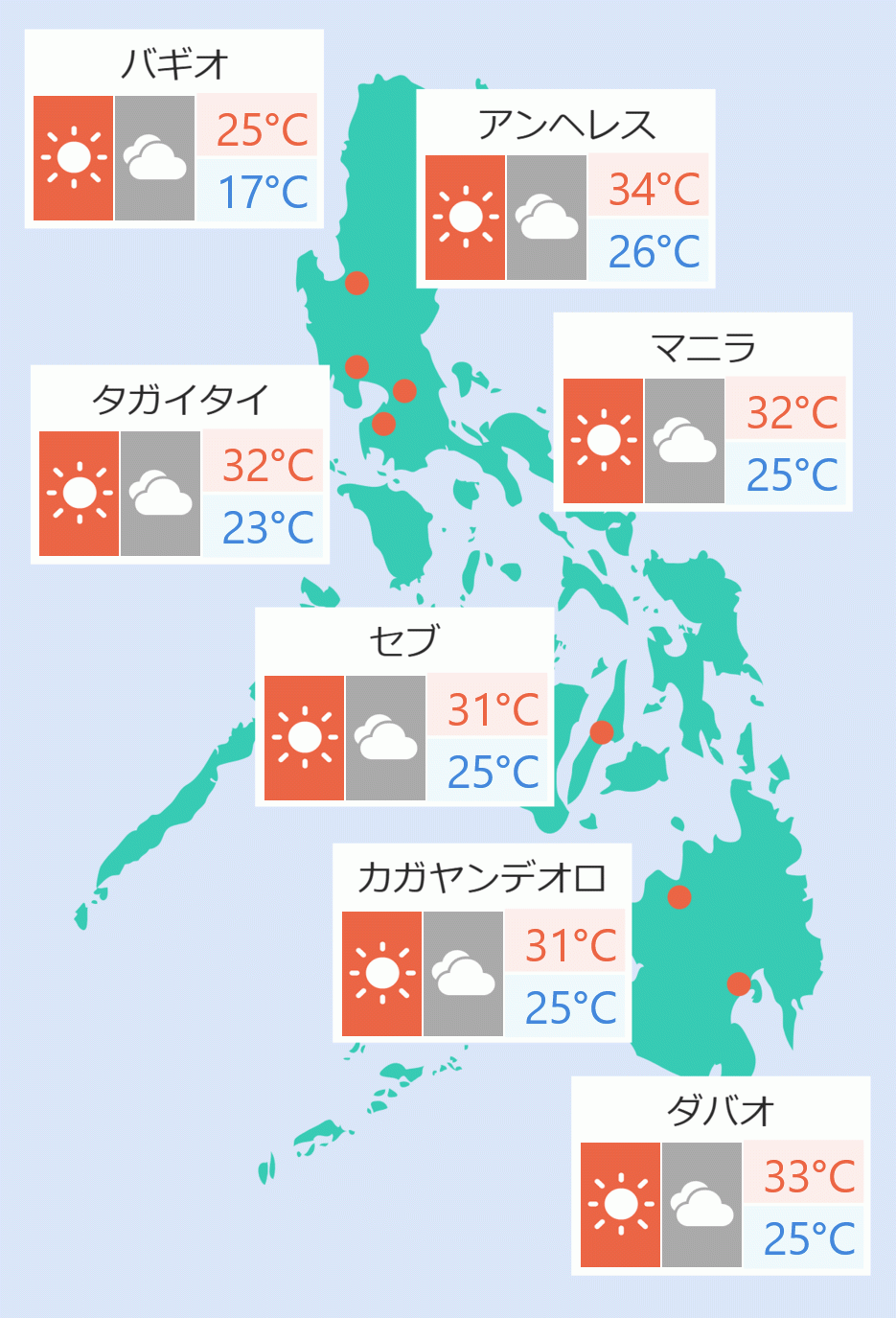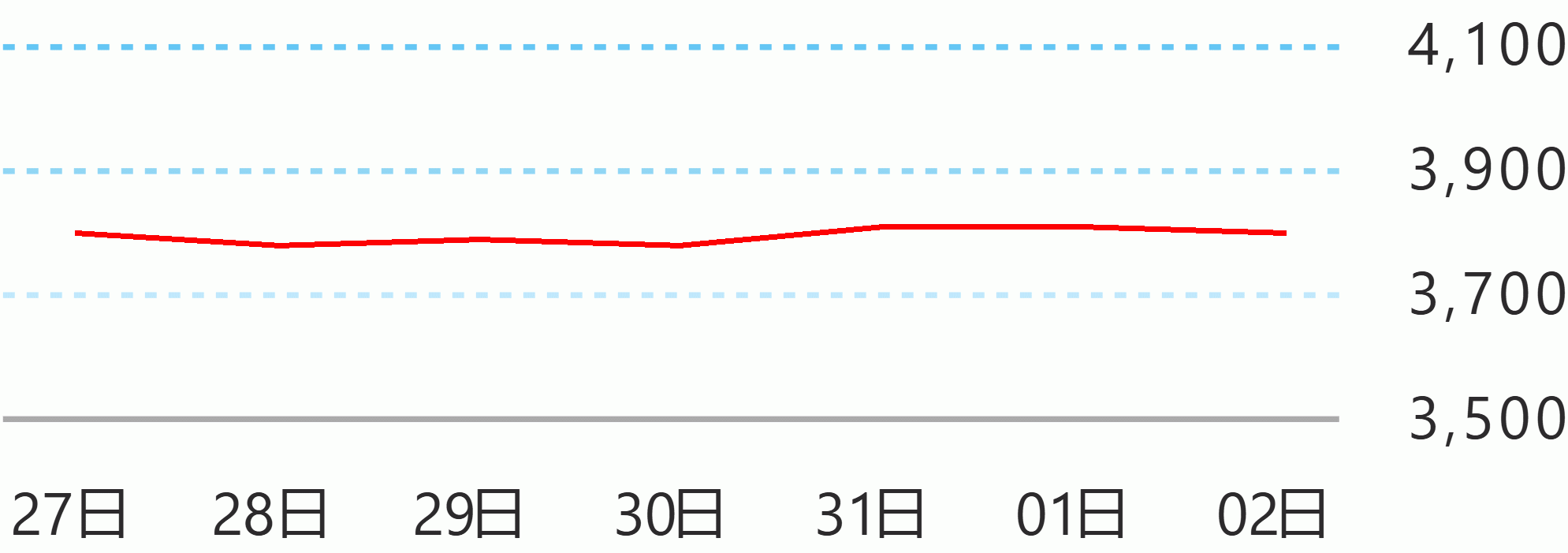The Department of Public Works and Highways (DPWH) is now working on projects that will address the deficit of road network in the Bangsamoro Autonomous Region in Muslim Mindanao (BARMM).
Simultaneous to Public Works Senior Undersecretary Emil Sadain’s participation at the 12th Intergovernmental Relations Body (IGRB) meeting of the National Government and Bangsamoro Government in Davao City, the DPWH Unified Project Management Office (UPMO) Roads Management Cluster 1 (Bilateral) held a kick-off meeting in Cotabato City with the key project stakeholders to formally introduced the Japan International Cooperation Agency (JICA)-funded Road Network Development Project in Conflict Affected Areas in Mindanao (RNDP-CAAM)
In his report to Secretary Manuel Bonoan, Sadain said that the kick off meeting organized by UPMO RMC1 Project Director Benjamin Bautista and Project Manager Francisco Sawali was an opportunity to define the important roles that the various stakeholders especially the local government units (LGUs) will play in the project implementation.
The stakeholder consultation held December 1 provided an overview of the project for government agencies and LGUs, introduce key personnel and project team members, and enjoin their cooperation.
Bautista, Sawali, and the consultants of consulting services firm CTI Engineering International Co. Ltd and Oriental Consultants Global Co. Ltd explained to the stakeholders the background of four road sub-projects under RNDP-CAAM with a total length of 77 kilometers.
The kick-off meeting has provided local leaders and other stakeholders of an update of the detailed engineering works on the 35.30-kilometer Parang-Balabagan Road, 19.80-kilometer Marawi City Ring Road, 7-kilometer Parang East Diversion Road, and the 16.80-kilometer Manuangan-Parang Road.
This kick-off activity is crucial to level off key stakeholders’ expectation, gain the cooperation for the smooth implementation, properly plot timelines, and know the necessary coordination and other logistical requirements that must be considered moving forward, added Sadain.
The stark contrast of Mindanao’s growth potential and the status as one of the poorest is in dire need of infrastructure development intervention.
RNDP-CAAM will complement the progress of the peace and unity process by way of addressing the shortage of infrastructure in the Bangsamoro Region.
The project is in line with the trust of the government to encourage economic development, reduce poverty and contribute in the government effort to peace development in the conflict-affected area in Mindanao. DPWH





 English
English










